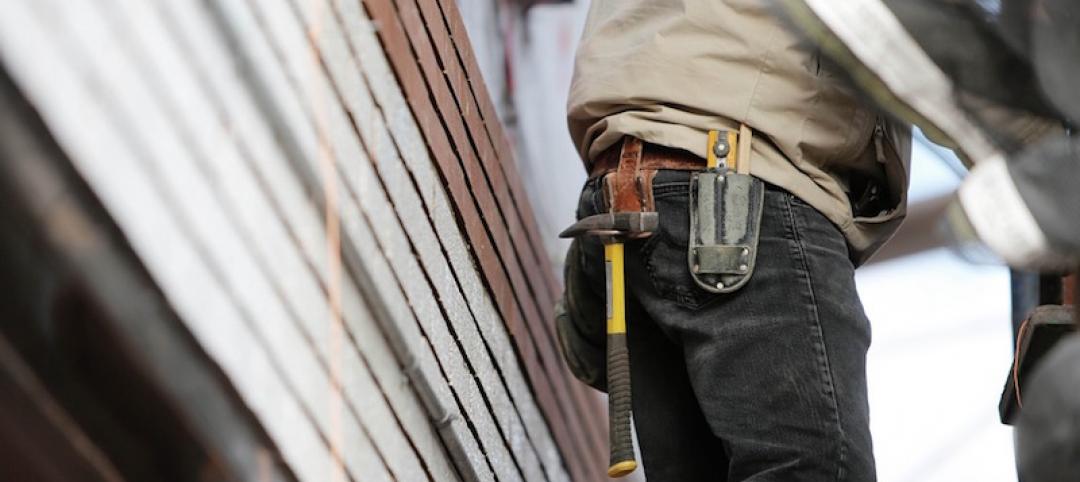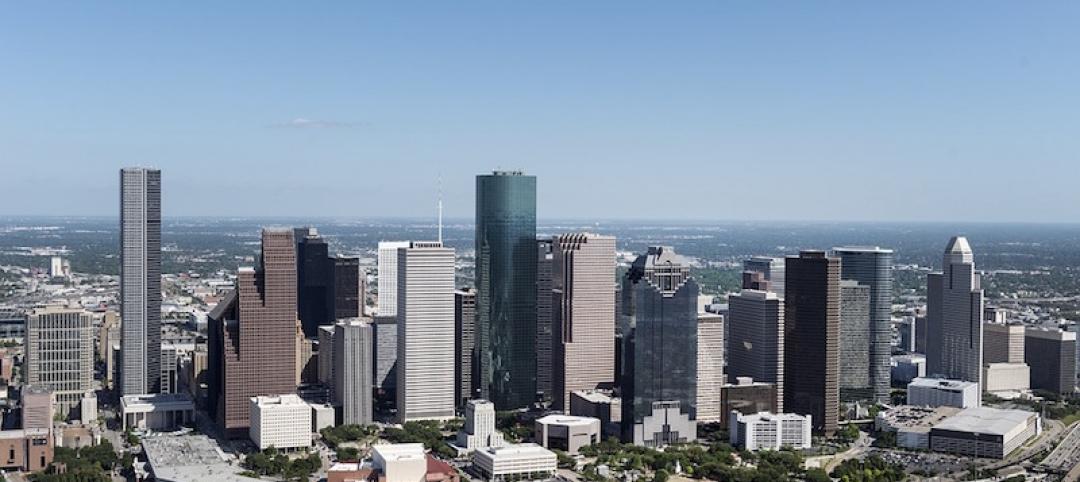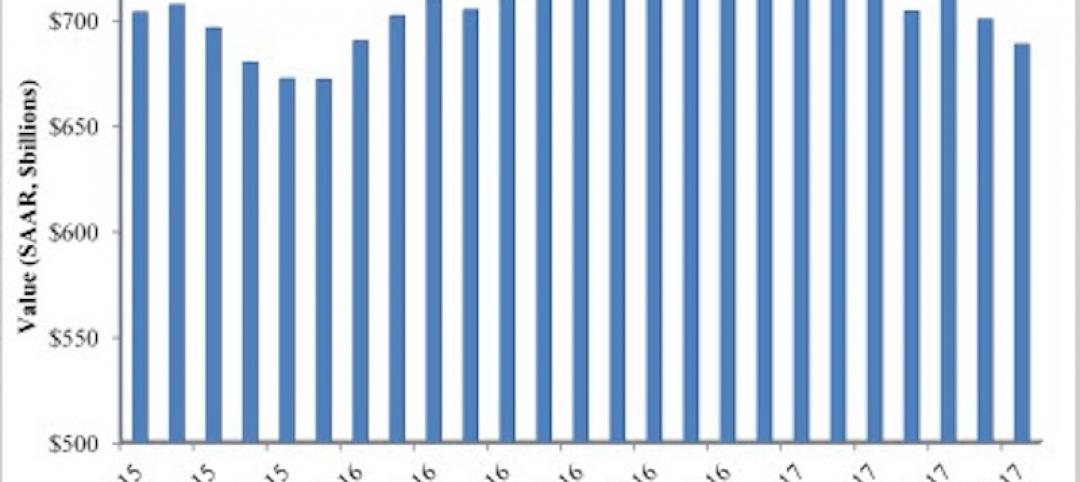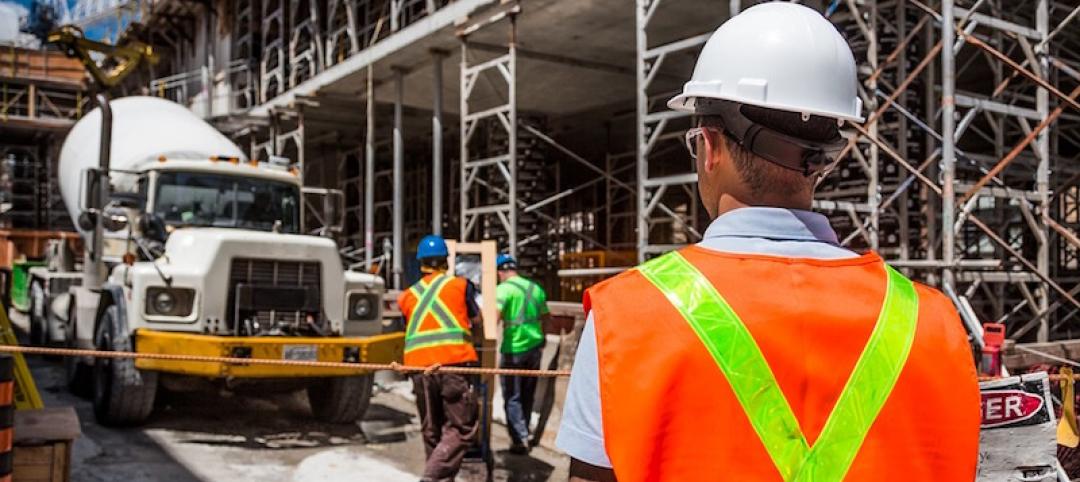The recently released International Construction Costs report, published by Arcadis, details the relative cost of building in 44 of the world’s major cities across 13 building types.
As part of the report, the top 10 most expensive cities in the world to build in are outlined, and a U.S. city is at the top of the list. New York led the way among all cities for construction costs, according to the report.
“New York rises to the top globally once again due to a lack of real estate availability, accessibility issues, and high real estate prices,” says David Hudd, Arcadis Cost and Commercial Director, in a release. ‘To build in such a dense urban environment like New York City, you must find solutions to control costs, such as expertly handling storage, transport and staging of building materials, identifying skilled construction firms and labor far in advance, and implementing modularized construction.”
New York isn’t showing any signs of slowing down either in terms of construction costs. The city is expected to remain the most expensive to build in into 2017 and beyond as large-scale construction projects and international investors drive development. The Big Apple is almost 50% more expensive to build in than the national average and is even 20% higher than other major and expensive cities such as Chicago, Los Angeles, Seattle, and Boston.
For the U.S., San Francisco is the second most expensive city to build in because of its cramped environment, rigorous seismic requirements, and competition for contractors.
In terms of worldwide construction costs, Hong Kong is in second place, followed by Geneva, London, and Macau. The entire top 10 list is as follows:
- New York
- Hong Kong
- Geneva
- London
- Macau
- Copenhagen
- Stockholm
- Frankfurt
- Paris
- Vienna
For the full report, click here.
Related Stories
Contractors | Sep 19, 2017
Commercial Construction Index finds high optimism in U.S. commercial construction industry
Hurricane recovery efforts expected to heighten concerns about labor scarcities in the south, where two-thirds of contractors already face worker shortages.
Multifamily Housing | Sep 15, 2017
Hurricane Harvey damaged fewer apartments in greater Houston than estimated
As of Sept. 14, 166 properties reported damage to 8,956 units, about 1.4% of the total supply of apartments, according to ApartmentData.com.
High-rise Construction | Sep 8, 2017
CTBUH determines fastest elevators and longest runs in the world in new TBIN Study
When it comes to the tallest skyscrapers in the world, the vertical commute in the building becomes just as important as the horizontal commute through the city.
Multifamily Housing | Sep 5, 2017
Free WiFi, meeting rooms most popular business services amenities in multifamily developments
Complimentary, building-wide WiFi is more or less a given for marketing purposes in the multifamily arena.
Market Data | Sep 5, 2017
Nonresidential construction declines again, public and private sector down in July
Weakness in spending was widespread.
Market Data | Aug 29, 2017
Hidden opportunities emerge from construction industry challenges
JLL’s latest construction report shows stability ahead with tech and innovation leading the way.
Architects | Aug 21, 2017
AIA: Architectural salaries exceed gains in the broader economy
AIA’s latest compensation report finds average compensation for staff positions up 2.8% from early 2015.
Market Data | Aug 17, 2017
Marcum Commercial Construction Index reports second quarter spending increase in commercial and office construction
Spending in all 12 of the remaining nonresidential construction subsectors retreated on both an annualized and monthly basis.
Industry Research | Aug 11, 2017
NCARB releases latest data on architectural education, licensure, and diversity
On average, becoming an architect takes 12.5 years—from the time a student enrolls in school to the moment they receive a license.
Market Data | Aug 4, 2017
U.S. grand total construction starts growth projection revised slightly downward
ConstructConnect’s quarterly report shows courthouses and sports stadiums to end 2017 with a flourish.















